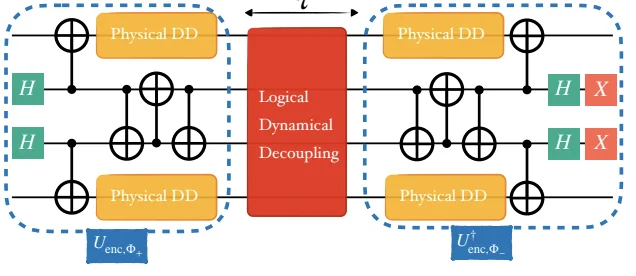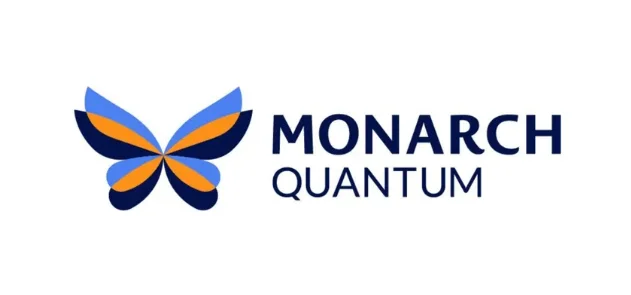Insider Brief
- South Korea is set to introduce cloud services powered by quantum computing.
- This announcement was made during an emergency ministerial meeting on economic affairs last week.
- Deputy Prime Minister and Minister of Economy and Finance Choi Sang-mok led the discussion.
South Korea is set to introduce cloud services powered by quantum computing and initiate test flights for urban air mobility (UAM) in the capital region as part of its ambitious New Growth 4.0 strategy, The Chosun Post reports
This announcement was made during an emergency ministerial meeting on economic affairs last week, led by Deputy Prime Minister and Minister of Economy and Finance Choi Sang-mok.
The government’s plan is to launch a 20-qubit quantum computer cloud service accessible to the private sector by the latter half of this year. Quantum computing, which relies on quantum phenomena to one day performa calculations at incredible speeds, is set for significant expansion. South Korea aims to develop 50-qubit quantum computing technology by 2026 and escalate to 1,000 qubits by 2032, the Post report.

As part of efforts to commercialize next-generation UAM by next year, South Korea will conduct real-world verification tests in urban settings. The tests will span various locations, including the Ara Waterway from August this year to March next year, the Han River from April to May next year, and the Tancheon from May to June next year. These tests are supported by customized regulatory exemptions and secured frequencies necessary for operation.
The government is also targeting the commercialization of fully autonomous vehicles by 2027, with immediate plans to establish safety standards and reform the insurance system. In another groundbreaking move, South Korea is poised to inaugurate its first fully automated port in Busan next month, featuring cutting-edge unmanned container transport technology.
In addition to transportation and computing innovations, the South Korean government is focusing on securing a leading position in strategic industries such as semiconductors, secondary batteries, displays, and shipbuilding. Plans include constructing the world’s largest semiconductor mega-cluster and expanding the range of national strategic semiconductor technologies. This expansion is under consideration to include more technologies beyond the current 22 under the Act on Restriction on Special Cases Concerning Taxation. Collaborating with the Netherlands, South Korea will also establish an ‘Advanced Semiconductor Academy’ to bolster its prowess in advanced technologies like compound power semiconductors, as emphasized by Choi.
If you found this article to be informative, you can explore more current quantum news here, exclusives, interviews, and podcasts.















